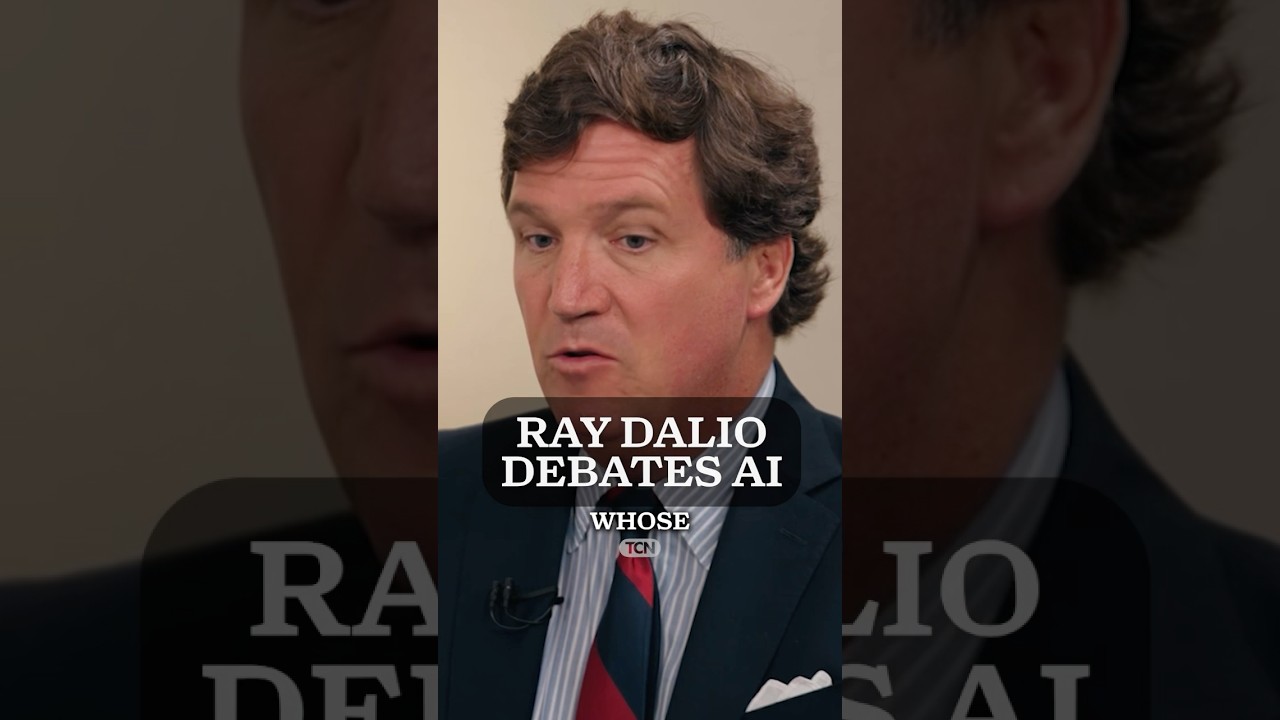In a debate between Tucker Carlson and Ray Dalio, Carlson expressed concerns about the lack of human agency in AI development and advocated for a cautious approach to technological advancement. Dalio countered by emphasizing the complexity of the system governing technology, arguing that halting development requires collective consensus and highlighting the need for ongoing dialogue about the ethical implications of innovation.
In a recent debate between Tucker Carlson and Ray Dalio, the discussion centered around the implications of artificial intelligence (AI) and the development of specific technologies. Carlson expressed a concern that there seems to be a lack of human agency in the decision-making processes surrounding these technologies. He suggested that there should be a collective consideration to halt the development of certain technologies, implying that the rapid advancement of AI could lead to unforeseen consequences.
Dalio countered Carlson’s perspective by emphasizing the complexity of the system in which these technologies are developed. He pointed out that various stakeholders have differing opinions on the advancement of technology, and these diverse views ultimately shape the actions taken. Dalio argued that it is not as simple as just stopping development; rather, there are established processes and systems that govern how decisions are made regarding technology.
The conversation highlighted the tension between the desire for caution in technological advancement and the inherent drive for innovation within society. Carlson’s viewpoint leaned towards a more precautionary approach, advocating for a reevaluation of the direction in which technology is heading. In contrast, Dalio maintained that the system is designed to facilitate progress, and halting development would require a significant shift in societal values and governance.
Dalio also referenced historical examples where society has successfully halted harmful practices, such as the global slave trade, to illustrate that change is possible when there is a collective will. However, he clarified that such changes often come from a consensus rather than unilateral decisions. This point raised questions about the mechanisms through which society can collectively decide to stop or regulate technological advancements.
Ultimately, the debate underscored the complexities of navigating technological progress in a rapidly changing world. It raised important questions about ethics, governance, and the role of human agency in shaping the future of AI and other emerging technologies. Both Carlson and Dalio acknowledged the need for ongoing dialogue and consideration of the potential risks and benefits associated with technological development.
